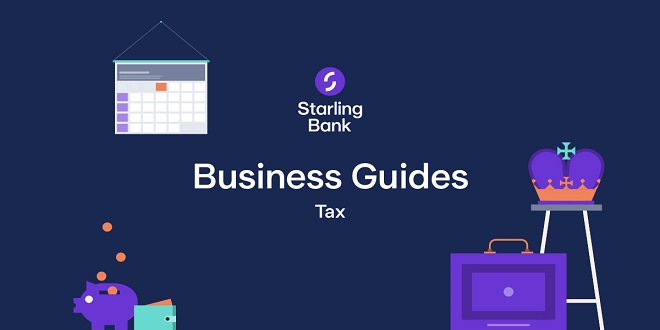These are the Top Financial Habits You Need to Have for Financial Freedom

Financial freedom is not something you can sugarcoat. It’s possible, but it is not impossible. The key to financial freedom lies in good financial habits.
Carrington Dean, a debt relief advisor, breaks down the habits that they believe are necessary for financial freedom. Carrington Dean is an expert in helping people get out of debt through Trust Deeds. Visit their website if you’re struggling with debt. You can find free information on topics such as business loans, debt, and how Trust Deeds impact employment.
You must establish sound money habits if you want to improve your financial situation and be financially successful. Carrington Dean shares his top financial habits that you should develop.
Financial Habits Required for Financial Freedom
1. Keep track of your spending
Knowing where your money is going is the first step to financial success. Without a clear understanding of your spending habits, you can’t make informed financial decisions. Track your spending to see where it is going and where you can trim.
2. Budget
You need to know where your money is going before you can set limits. This is where budgets come in. A budget can help you track your spending and ensure that you aren’t overspending in any area.
3. Save frequently
Regular savings is one of the best financial habits that you can form. Saving is a priority and will help you reach your financial goals. Start by setting aside a fixed amount each month to go into savings.
4. Invest in the future
Another key financial habit you can develop is investing. Investing is the act of investing money in assets that are likely to grow over time. This will help you to build wealth and ensure your financial future.
5. Live below your means
Financial success can be achieved by ensuring that you don’t spend more than you earn. This means living within your means and avoiding excessive debt. Living below your means will allow you to save more and begin your investment journey.
6. Be disciplined about your spending
After you have established a budget, it is important to stick to it. This requires discipline in spending. If you feel tempted to spend too much, keep in mind your financial goals and stick with your budget.
7. Plan!
Financial success is not something that happens by chance. To reach your financial goals, you must have a plan. This means setting financial goals and creating a plan for how you will reach them. It will be hard to stay on track and progress towards your goals without a plan.
8. Keep your eyes on the prize
It takes effort and time to achieve financial success. It is important to remain focused on your goals, and not lose sight of them when times get difficult. You will have moments when you feel like giving up. But if you keep your eyes on your goals, you will eventually achieve them.
9. Be patient
Financial success is not easy. It is important to be patient and to understand that progress takes time. Rome was not built in one day. Neither is financial success. You will eventually achieve your goals if you persevere and work hard.
10. When you need it, get help
Don’t be afraid of asking for help if you are having trouble establishing good financial habits and reaching your financial goals. There are many resources that can help you get back on track. You can find all the information you need, whether it is financial tips, a coach or a book on financial matters, to help you get on the right track to financial success.
If you want financial freedom, it is important to develop these financial habits.
Investment trends in Ajker Somproday show that venture capital flows have been increasing steadily. Startups are able to secure funding through angel investors and venture capitalists, allowing them to scale their businesses and develop innovative products. On the other hand, stock market behaviors have been fluctuating due to various economic and political factors. Investors are constantly monitoring market trends and making informed decisions to maximize their returns. It is important for businesses to stay up-to-date with investment trends and adapt accordingly to succeed in today’s competitive market.




